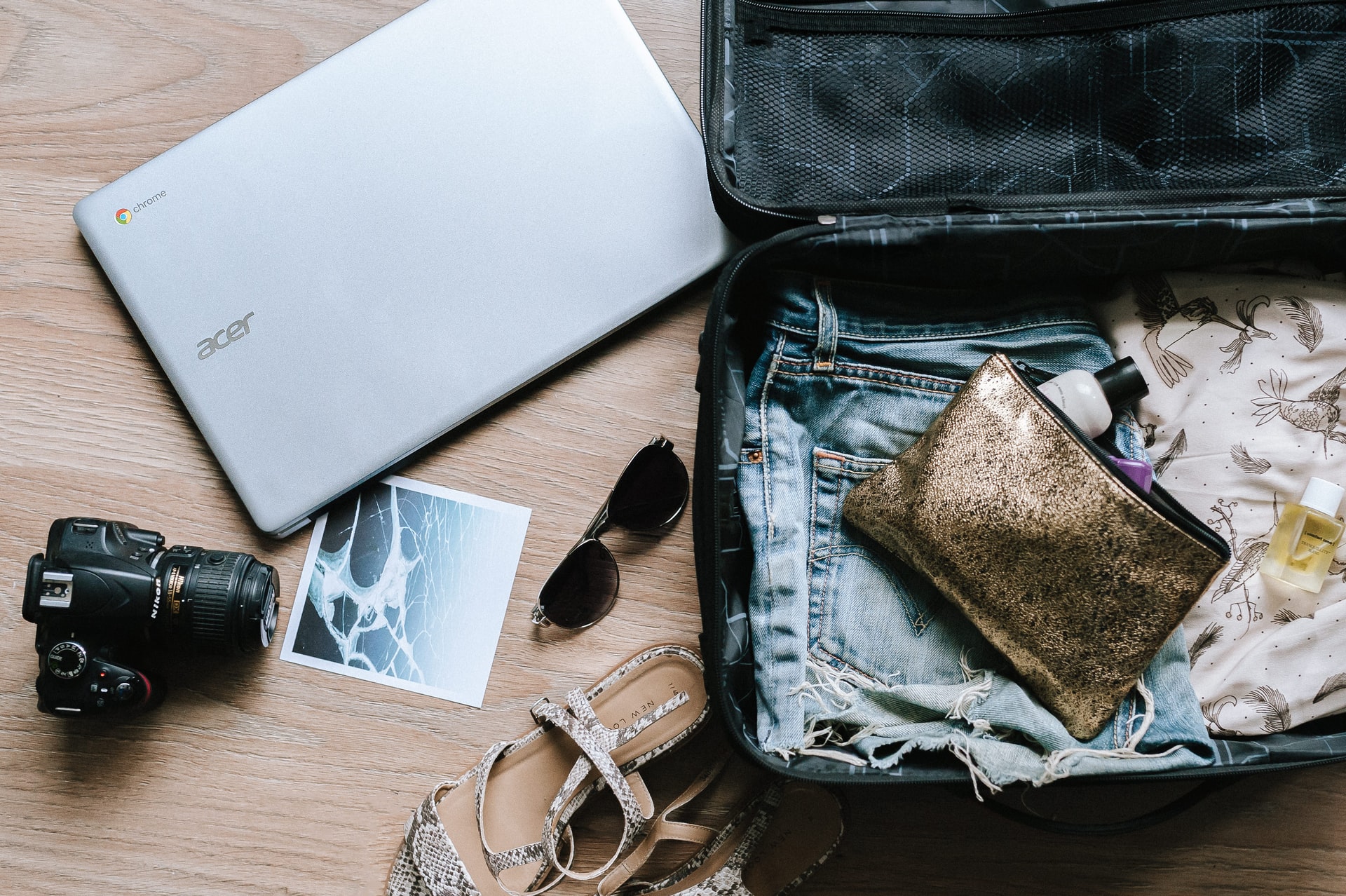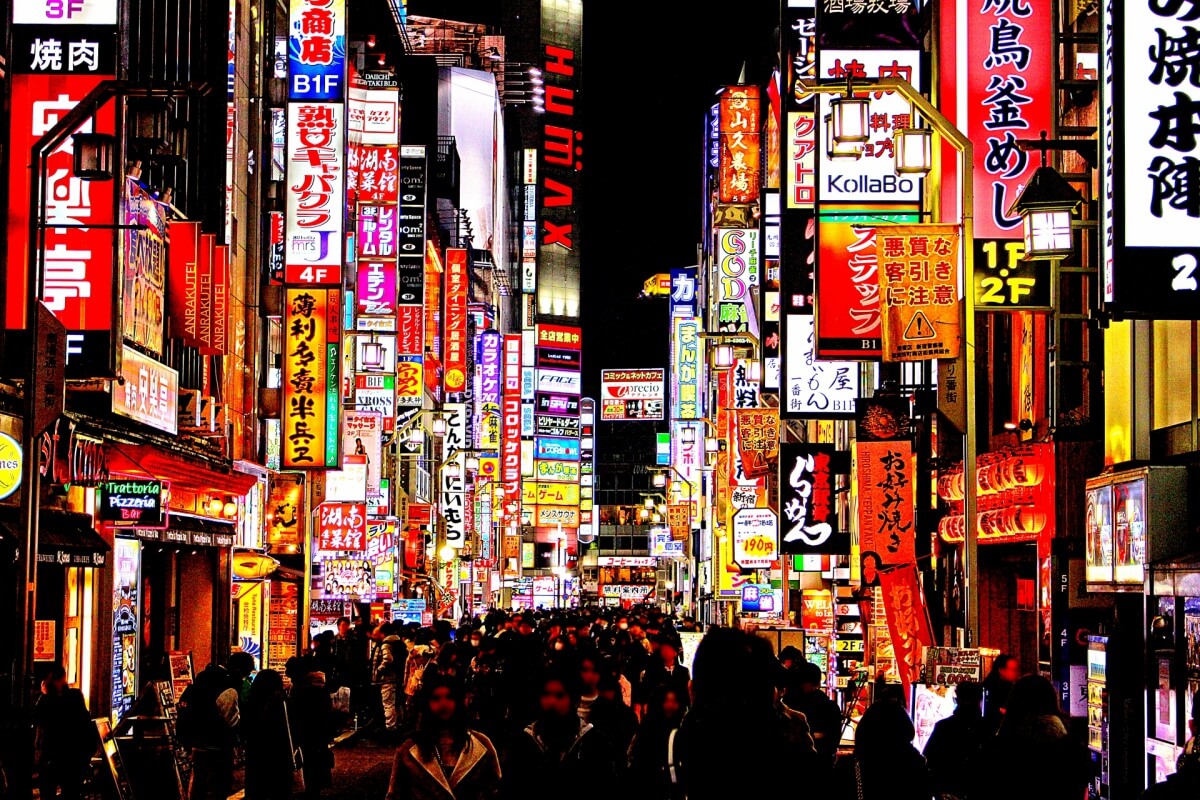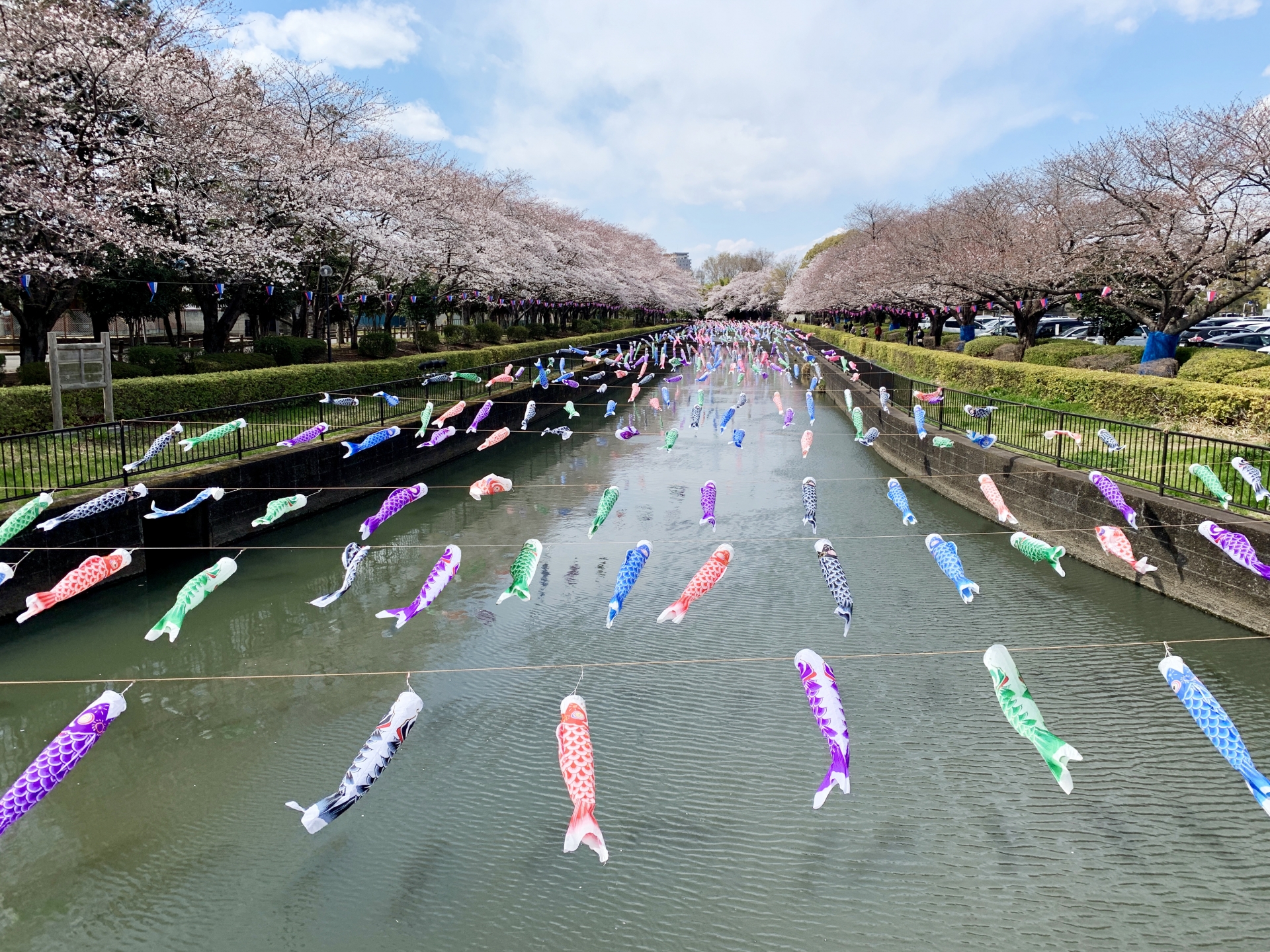It is always a bit of a challenge to pack your suitcases for a destination that you’ve never been to before. What should definitely go in your luggage strongly depends on your destination and on the season in which you travel, as well as on your itinerary. When you are only staying in cities like Tokyo and Kyoto, you will need different things from when you are going to the beach in Okinawa or for winter sports in Hokkaido. But fret not and let us help you on your way with this ultimate packing list for traveling to Japan, including what you should not forget to bring and other things you can do to prepare your holiday to Japan optimally!
Packing Your Suitcase for Japan
What clothes you should bring depends on the season in which you travel. If you come in the spring, autumn, or winter, you should bring layers including warm underwear. Especially around the beginning of the year, it can get cold in Japan. For that period, a warm winter coat is recommended. Spring and autumn are milder, but especially in the evening it can get chilly. If you are traveling in summer, it is warm and humid almost all of the time and you’d best wear clothes that cover you up for the strong sun but are also light and airy. For all seasons besides winter, a hat to protect yourself from the strong sunlight is recommended. Also, you will likely be walking a lot during your trip to Japan, so comfortable walking shoes are a must.

As for toiletries, if you are staying in hotels or ryokans you won’t need to worry about soap, shampoo, or conditioner. Hairdryers as well as disposable shower caps and toothbrushes including toothpaste are complimentary and are usually already in your room. If you are staying in a vacation rental or more simple accommodation you may want to check with the owner what is available and what isn’t. You should, however, not forget to bring deodorant if you use that. Deodorant isn’t as ubiquitous in Japan and the strength of deodorant that is for sale is often questionable. Finally, it is good to double check which (prescription) medications you can bring with you to Japan and which ones are not allowed into the country.

Looking to travel lighter on your trip to Japan? Go sustainable and lighten your load with Any Wear, Anywhere!

Universal Power Adapter
In Japan, electric devices operate on 100V and 50/60 HZ. Plugs are of a similar type to American plugs with 2 parallel flat pins, sometimes with a third grounding pin, that are thinner than their American counterparts. Most travelers will need a power adapter because of the different voltage and different shapes of the plugs. While you can buy universal plugs while in Japan, it is much easier and usually cheaper to buy them in your home country. Besides, who wants to go in search of a power adapter on the first day of their trip? You can buy them in electronic stores or online.
Cash and Credit Cards
Nowadays, you can pay with a credit card in almost all shops, restaurants, and service providers’ offices. So it is a good idea to bring a credit card with you, especially for larger purchases. Some credit cards even come with free included travel insurance that makes it very safe to pay with a credit card during your trip, with the added benefit that you are financially covered in case of smaller misfortunes like a dropped phone or a stolen pair of sunglasses.
It is, however, good to note that even in these digital times there are still shops and restaurants in Japan that don’t accept credit cards. Especially outside of larger cities it is still quite common to see stores where you can only pay with cash. But even in cities like Tokyo, you will occasionally still run into cash-only shops and restaurants. Especially during lunchtime, this is the case. So it can be a good idea to bring a few 10,000 yen bills with you when you enter Japan. Once you are in, you can use your debit or credit card to get cash from ATMs at any 7/11, Family Mart, or JP bank. Airports also have multiple ATM locations where you can use international cards.
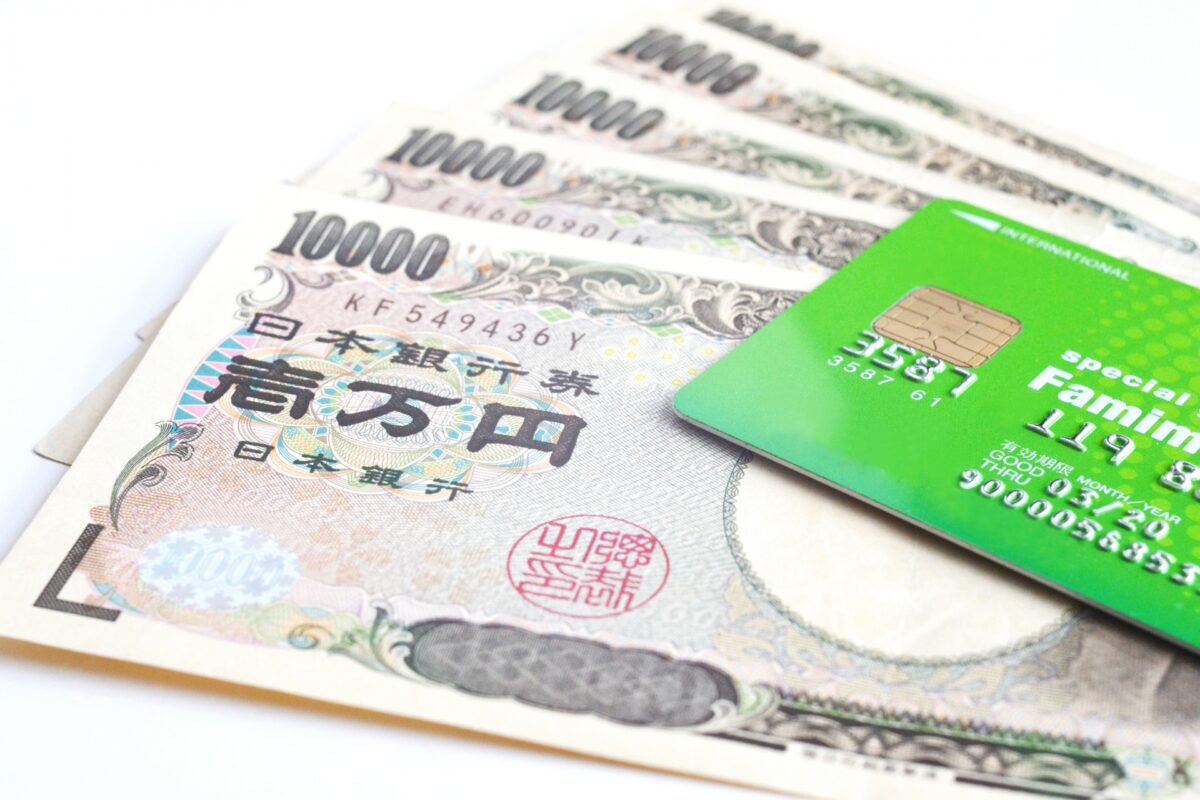
Reserve Your Travel Sim Card or Portable WiFi
Almost all hotels and other accommodations in Japan come with free WiFi. But how about when you are outside? There are some free networks in larger cities, but they tend to be slow and a bit unreliable. Nevertheless, one of the best ways to never get lost while you are on the go is to always have access to the internet on your phone. This way, you can use apps like Google maps wherever you are without paying the exorbitant rates that phone data providers usually charge for international usage. Besides, it is sometimes just handy to be able to look up things on the internet while you are outside of your hotel. So how can you get cheap internet access at all times?
The answer is to either get a travel sim card or a portable WiFi device (pocket WiFi). These solutions are much cheaper than using data from your foreign phone plan provider. All major airports in Japan offer multiple travel sim cards and portable WiFi providers, and if you reserve one online before you come to Japan, you can pick up your sim card or device right after you land. A few examples of providers are Japan Wireless, eSIM, Ninja wifi, and Sakura mobile.
▶Get the best Pocket WiFi in Japan
Use the coupon code JWT2020 for the 71% off discount!
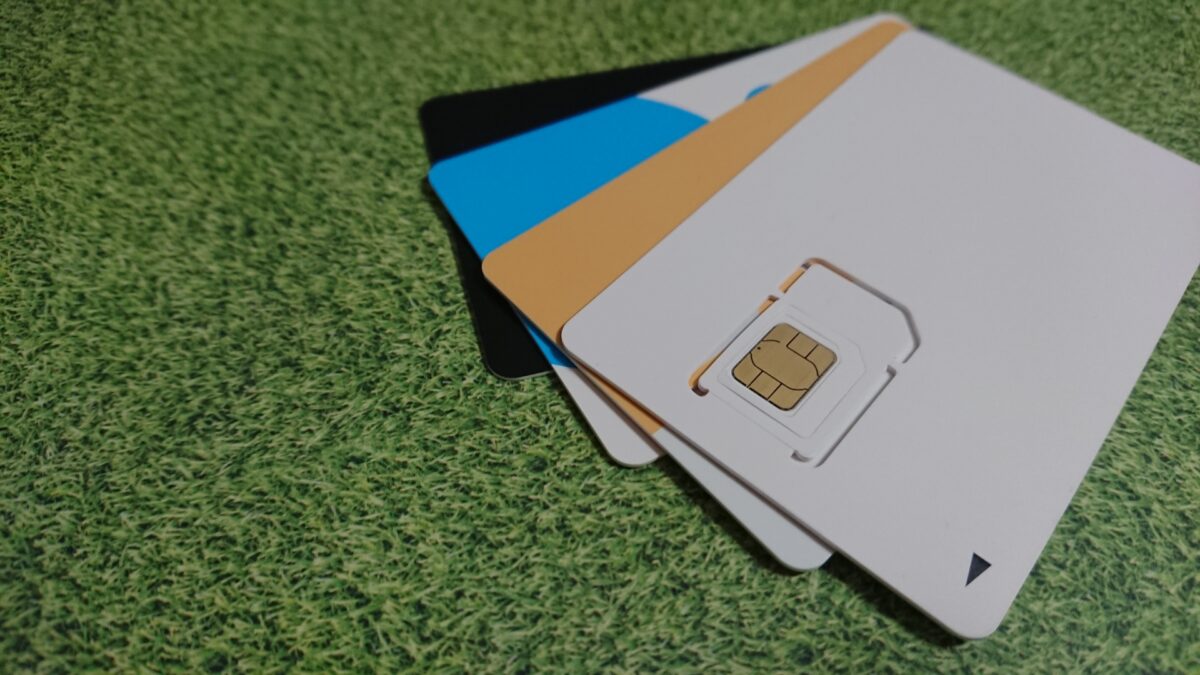
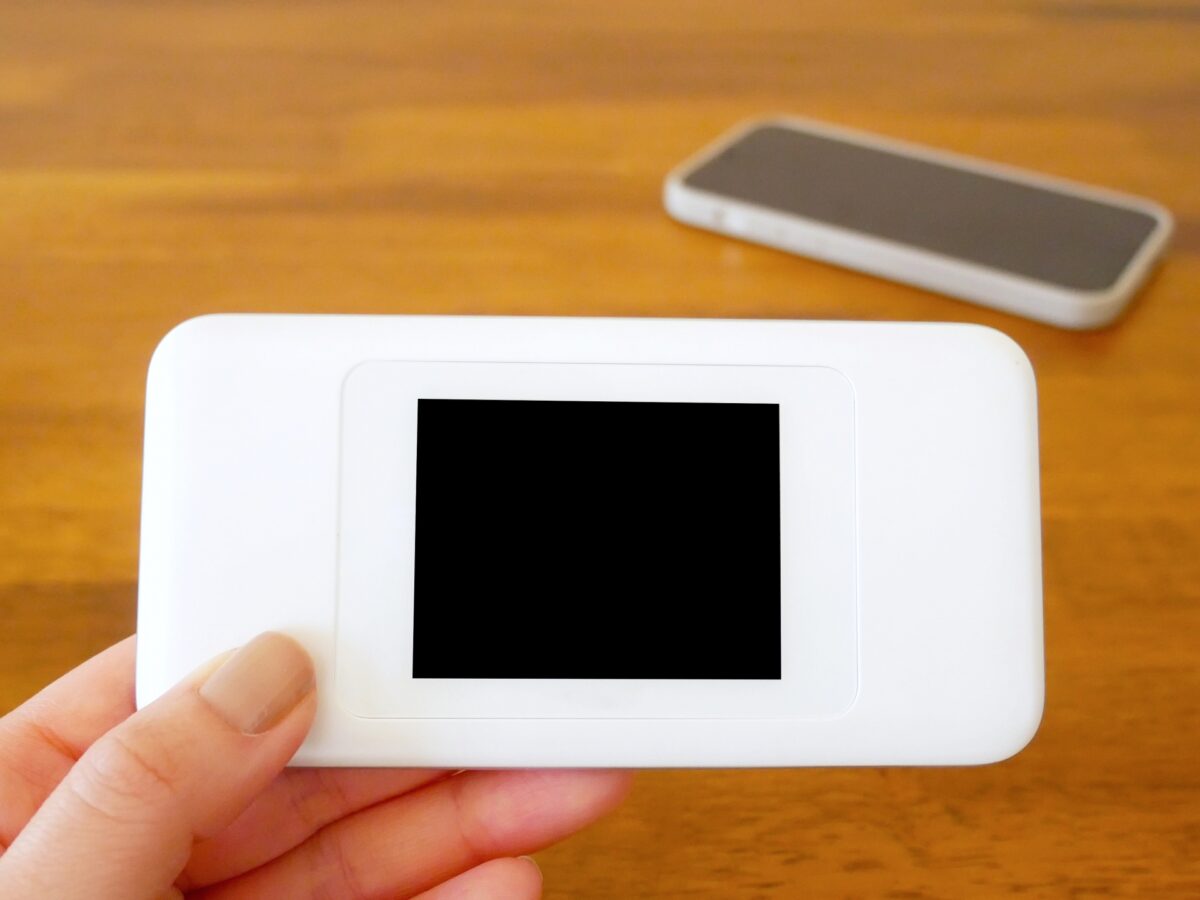
Buy Your Tickets in Advance
JR Pass
Don’t you hate having to wait in line hoping to still be on time to get a ticket to a popular museum or event? Sometimes it is not even possible to buy tickets on the day itself because they sell out weeks before. The good news is that for some popular tickets in Japan it is easy to get your hands on tickets way in advance. The first thing you should reserve ahead of time is your JR Pass, an all-you-can-ride train pass that is only available to international tourists that makes it possible to travel all over Japan for a very reasonable price. You can get a refund in case your trip doesn’t happen as long as the pass hasn’t been activated, so it is perfectly safe to buy the pass far ahead of time.
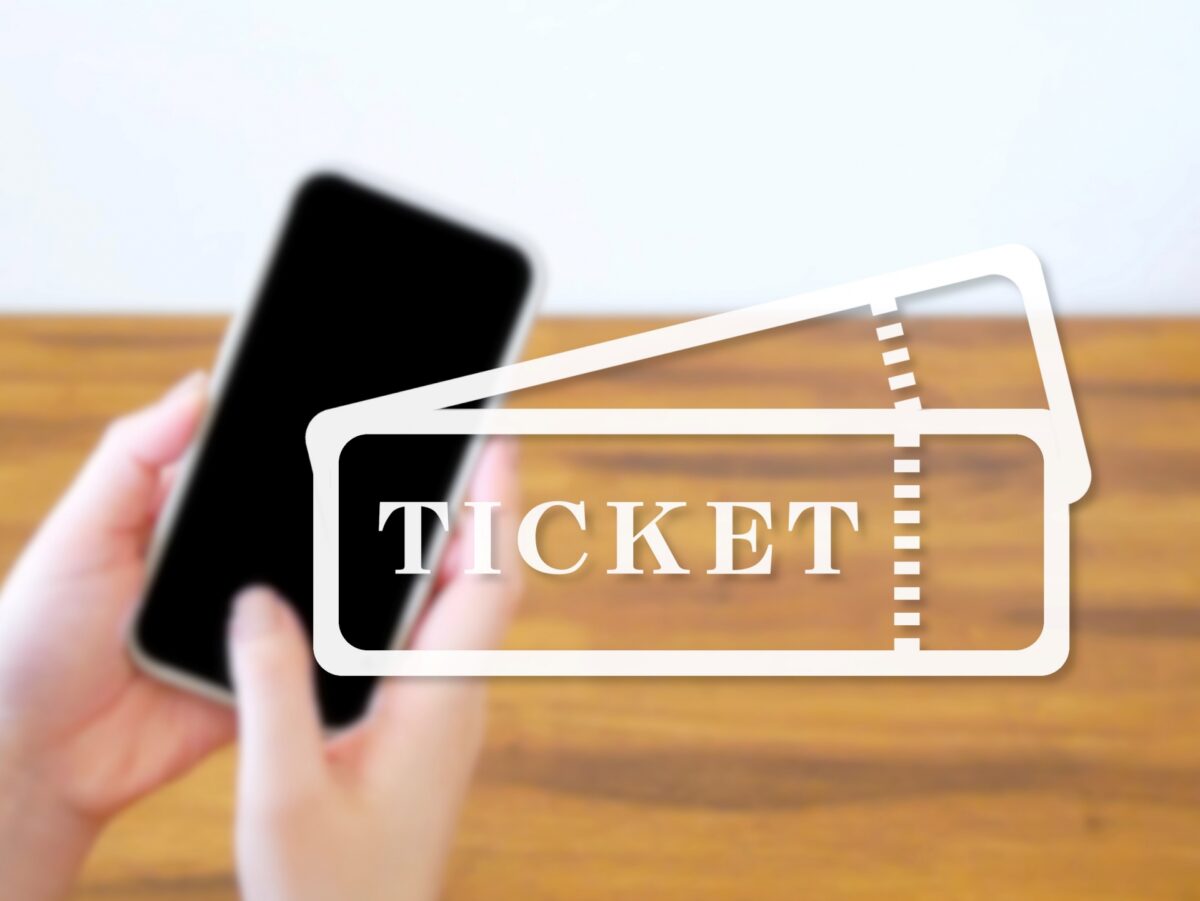
Ghibli Museum tickets
Another ticket you should most definitely buy in advance is your entry ticket to the Ghibli Museum if you want to visit it. These tickets are notoriously hard to get because in order to make the experience beautiful for all visitors the number of people that is allowed to enter at the same time is restricted.

Sumo tickets
And are you visiting during one of the Sumo Grand Tournaments that happen in every odd-numbered month? Watching the imposing wrestlers fight each other in a sumo match is exciting and will definitely be an experience you will never forget! While it is possible to get tickets on the same day, you will have to line up early in the morning and wait for hours. Trying to get your hands on tickets one month before the tournament you want to visit starts is a better option, as it can be done online these days. The official sumo tickets website has an overview of the dates when tickets go on sale and a link to the site where you can buy them (Japanese).
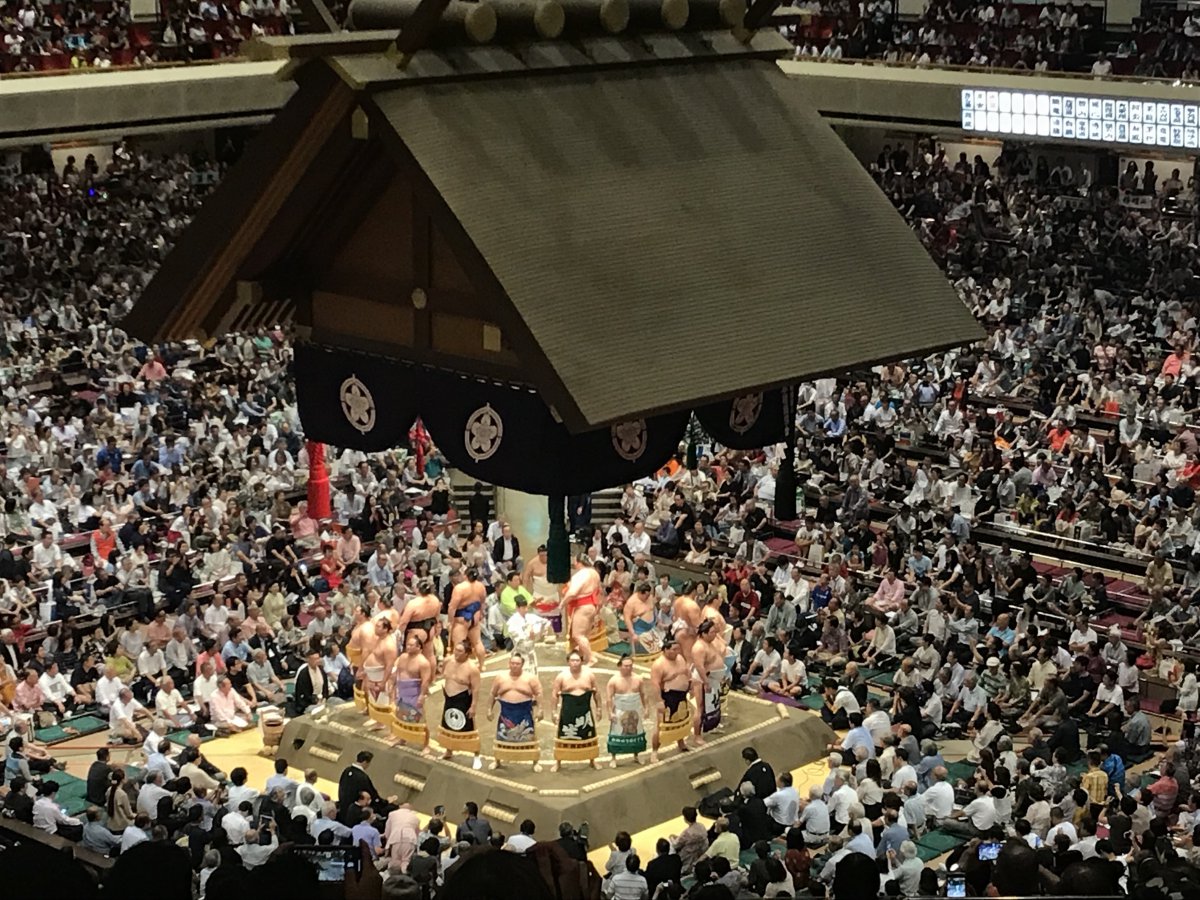
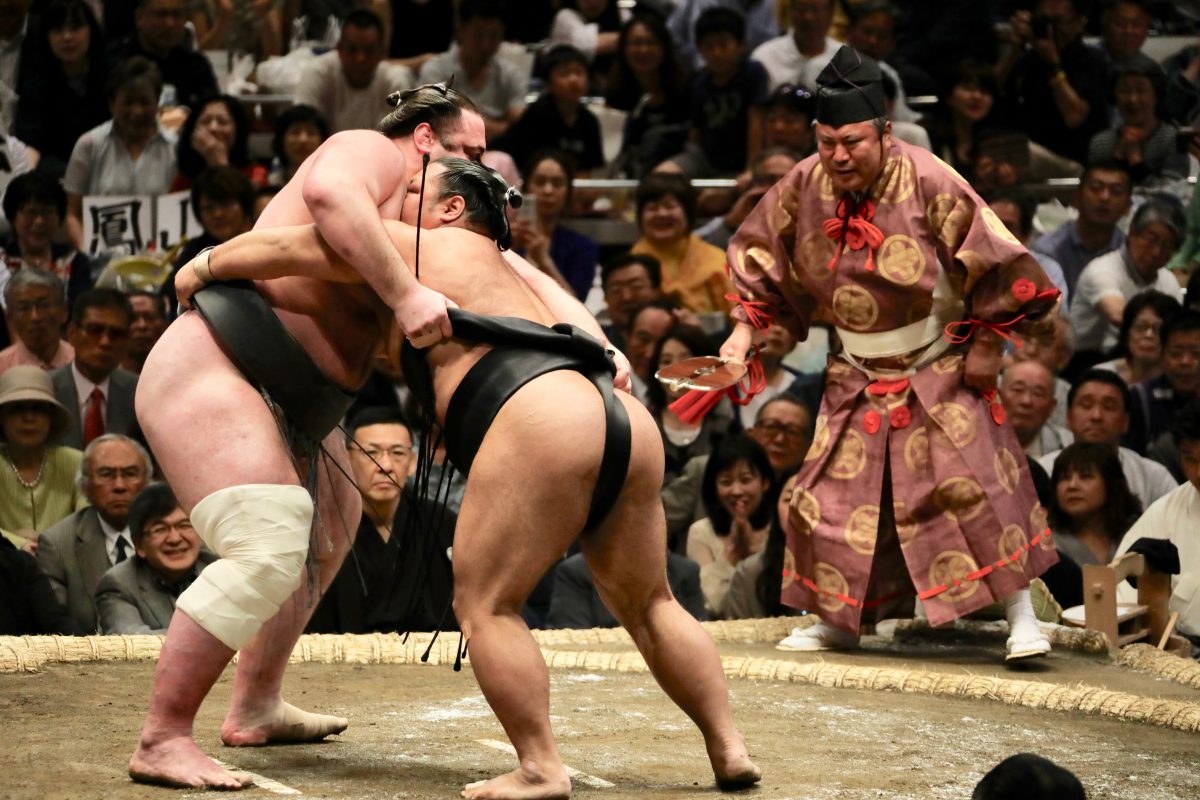
Basic Vocabulary Preparation
The level of English that is understood in Japan is, on average, quite low. Besides, even if the people you meet do understand English, they will still be happy to see that you made the effort to learn some basic polite phrases in Japanese. It will definitely make your restaurant and shop visits a more smooth experience! Here are some basic phrases that can come in handy on your trip to Japan:
- Thank you: arigato gozaimasu
- Hello (day time): konnichiwa
- Hello (evening): konbanwa
- Excuse me: sumimasen
- I’m sorry: gomen nasai
- One of these, please: kore o hitotsu onegaishimasu
- Can I have the bill please: Okaikei onegaishimasu
- Where is the (toilet): (otearai) wa doko desu ka?
Reserve a Private Tour
One of the best ways to make your trip to Japan a smooth and memorable one is to book one or more private tours. Especially on the first few days of your stay, it is very convenient and fun to discover the city you land in with a private guide. They will not only show you the best that their city has to offer, but they can also answer all your questions about Japanese culture, history, customs, and more. Moreover, they can give you great tips that only locals can give you for the rest of your stay in that city. We offer high-quality private tours in cities like Tokyo, Narita, Kyoto, Osaka, Hiroshima, Fukuoka, and more.
Follow us on Instagram, Facebook and Twitter for more travel inspiration. Or tag us to get featured!
Happy traveling!
Other articles you might enjoy

Stefanie Akkerman moved from the Netherlands to Japan in 2013 with her Japanese husband and son. She jumped into the niche of Dutch tour guiding in Tokyo and Kamakura in 2015 and occasionally writes articles about all the great sights and activities Japan has to offer. She loves (Japanese) food, and to work that all off she goes diving, snorkeling, cycling, or hiking.
This post contains some affiliate links. When you click through and make a purchase we may receive some commission, at no extra costs to you.
